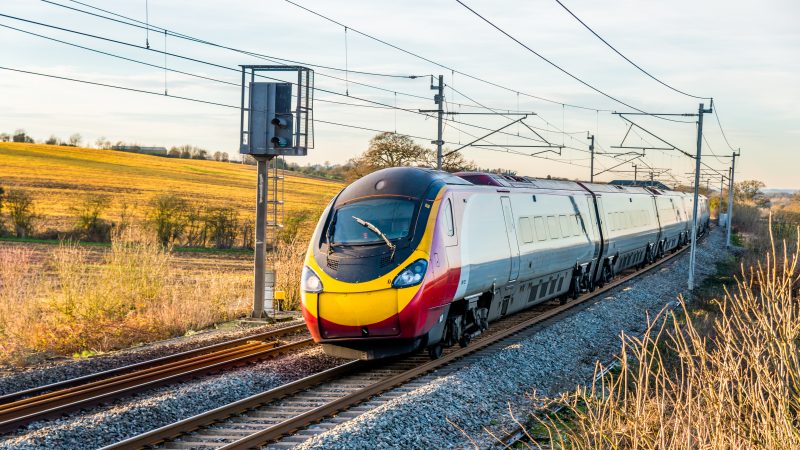
Train drivers’ union ASLEF has announced that members working at 12 companies will take part in two days of strike action next month in an ongoing dispute over pay.
ASLEF confirmed today that its members will walk out on October 1st and October 5th. The union had initially called for a strike on September 15th but postponed the action following the Queen’s death.
The union did not publicly announce the upcoming strikes until after the Queen’s funeral “as a mark of respect for the monarch”. Train operating companies were notified of the action on Friday.
ASLEF general secretary Mick Whelan said: “We would much rather not be in this position. We don’t want to go on strike – withdrawing your labour, although a fundamental human right, is always a last resort for this trade union – but the train companies have been determined to force our hand.
“They are telling train drivers to take a real-terms pay cut. With inflation now running at 12.3% – and set, it is said, to go higher – these companies are saying that drivers should be prepared to work just as hard, for just as long, but for considerably less.
“The companies with whom we are in dispute have not offered us a penny. It is outrageous that they expect us to put up with a real-terms pay cut for a third year in a row.”
ASLEF members took part in two days of strike action over the summer, on July 30th and August 13th. Whelan declared that members are going on strike “to persuade the companies to be sensible, to do the right thing, and come and negotiate properly with us”.
The union leader added: “Train drivers kept Britain moving – key workers and goods around the country – throughout the pandemic and we deserve to be treated better than this.
“That’s why we are calling on the companies – which are making big profits, and paying their chief executives enormous salaries and bonuses – to make a pay offer to our members to keep up with the rise in the cost of living.”
ASLEF members at 12 companies – Avanti West Coast, Chiltern Railways, CrossCountry, Greater Anglia, Great Western Railway, Hull Trains, LNER, London Overground, Northern Trains, Southeastern, TransPennine Express and West Midlands Trains – will be involved in October’s strike action.
The union – which represents 96% of train drivers in England, Scotland and Wales – has successfully concluded pay deals this year with nine companies: DB Cargo, Eurostar, Freightliner Heavy Haul, Freightliner Intermodal, GB Railfreight, Merseyrail, MTR Elizabeth line, PRE Metro Operations and ScotRail.
The latest strike by ASLEF members follows widespread action across the UK’s rail network over the summer. 80% of train services were stopped during three days of strike action by the members of the rail, maritime and transport workers’ union (RMT) in June.
Approximately one in five trains across half of the rail network were thought to have been running on July 27th after members of the RMT and the Transport Salaried Staffs’ Association (TSSA) went on strike.
Members of the two unions took part in further industrial action on August 18th and 20th, with RMT members on the London Underground also going on strike on August 19th.
The RMT announced following the Queen’s death that action scheduled for September 15th and 17th had been suspended. The TSSA also cancelled planned strike action in September and confirmed that it would be “respecting the period of public mourning”.




More from LabourList
Scottish Parliament elections 2026: Full list of Labour candidates for Holyrood
‘As metro mayors gain power, Labour must tighten political accountability’
Letters to the Editor – week ending 22 February 2026